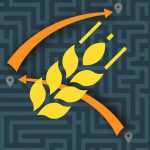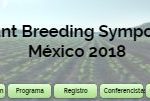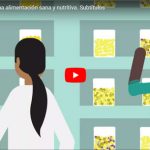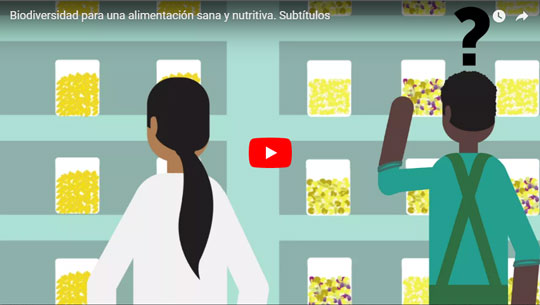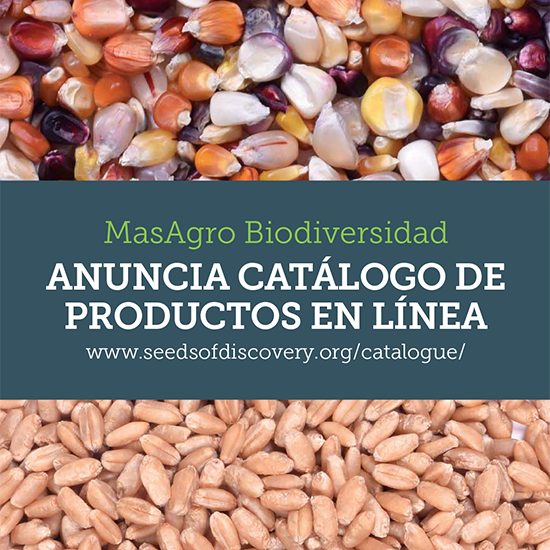-
‘AlphaSim’ Software for breeding program simulation
This computational software simulates plant or animal breeding strategies or methodologies defined by the user and performs rapid, low-cost, and objective in silico comparisons among them. This software can simulate a wide range of mating designs, biotechnologies and selection strategies.Product details and features
- AlphaSim simulates breeding programs in a series of steps. For each step, the users define very specific parameters according to their requirements. Different data are obtained, e.g., the user can obtain genetic values.
- Allows the simulation of multiple traits and/or environments, simulation of doubled haploid individuals in any given generation, evaluation of genome editing in breeding programs and choosing the selection strategy (truncation or optimal contribution).
- Includes a stop simulation process in any user-specified generation, import of third-party software data and merge different simulations to create a new merged population
-
- AlphaSim generates three types of output directories: Chromosome, Selection and Simulated Data each with different types of results and data.
- Computational power depends on the type of simulation and the settings defined by the user. This could require one CPU core with 2GB of RAM to 12 CPU cores with 5 GB of RAM each. Simulation run time also differs depending on the type of simulation.
Comments
More information about this software is published in Faux et al., 2016. AlphaSim: software for breeding program simulation. The Plant Genome.
Primary Users
Breeders, students and researchers. This software was designed for plant breeding programs but it can be used in animal breeding and population genetics.
Availability
AlphaSim is available from http://www.alphagenes.roslin.ed.ac.uk/alphasuite/alphasim/. Material includes the compiled program for 64-bit Linux, Mac OSX, and Windows and the user manual. A user manual is included and a set of step-by-step examples
For more information
- Please send us a message to Cimmyt-mab-seed@cgiar.org
News
NEWS
- Wheat phenotyping workshop
The International Maize and Wheat Improvement Center (CIMMYT) extends a cordial invitation to participate in the training workshop "Wheat phenotyping for the identification of germplasm with high yield potential and tolerance to drought and heat". This will be held in CIMMYT HQ, Texcoco, State of Mexico, on September 28th, 2018 (from 9:00 – 14:00 hrs) as part of the II Plant Breeding Symposium México 2018 (https://trasmejoragen.wixsite.com/inicio) The objective of this workshop is to train participants in the phenotypic characterization of wheat germplasm. Research themes include: climate change; priority characteristics for wheat for Mexico; phenotyping of genetically diverse materials and in the ...
- II Plant Breeding Symposium Mexico 2018
MasAgro Biodiversity announces the II Plant Breeding Symposium Mexico 2018 which will be held on September 6 and 7, 2018 at the CIMMYT HQ, Texcoco. Mexico. This event belongs to the series of DuPont Plant Sciences Symposia. For more information please visit the website:https://trasmejoragen.wixsite.com/inicio
- New video: Crop biodiversity for healthy, nutritious livelihoods
Erratic weather, poor soil health, and resource shortages keep millions of maize and wheat farmers in developing countries from growing enough to feed their households and communities or to harvest a surplus to sell.
- 3rd KDSmart app workshop
The International Maize and Wheat Improvement Center (CIMMYT) extends a cordial invitation to participate in the training workshop on the use of the KDSmart app. This will be held in Texcoco, State of Mexico, on December 20, 2017 (from 9:00 - 17:00 hrs).
